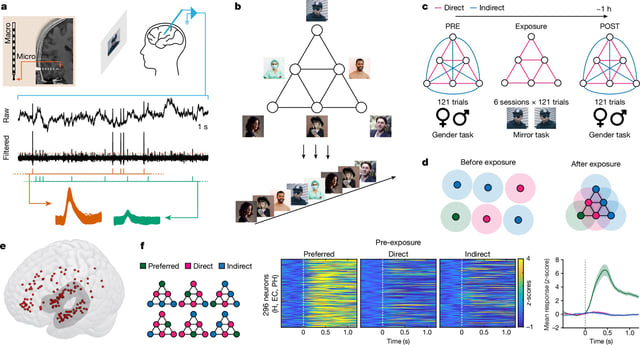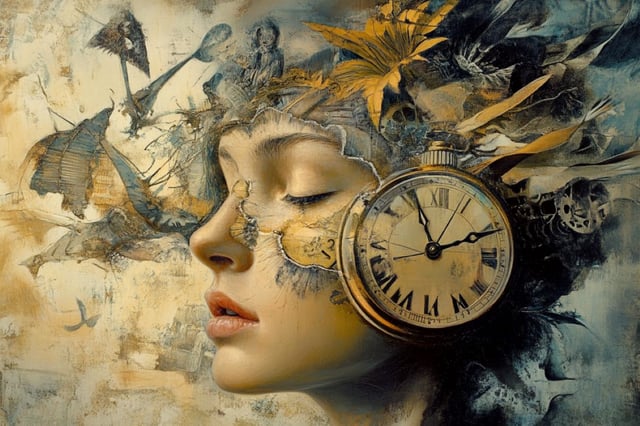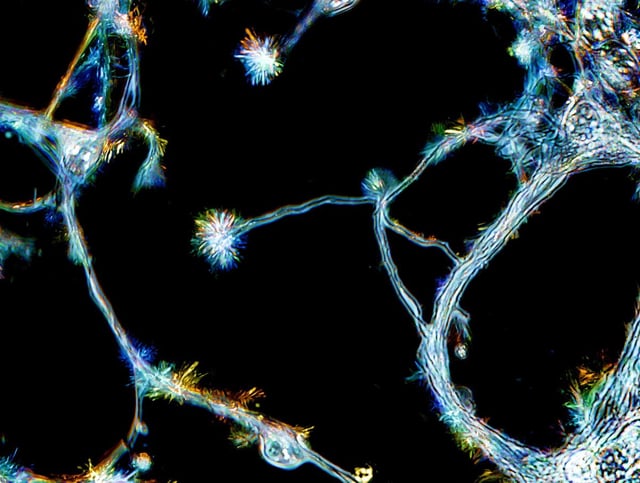Overview
- UCLA-led study records individual neuron activity, showing how the brain encodes the sequence and timing of experiences.
- Neurons in the hippocampus and entorhinal cortex fire in patterns that reflect the order of events, even replaying them during rest.
- Findings provide empirical evidence of how the brain integrates 'what' and 'when' information to form lasting memories.
- This discovery can inform the development of neuro-prosthetic devices to enhance memory and other cognitive functions.
- The study's insights also have implications for artificial intelligence's understanding of human cognition.



